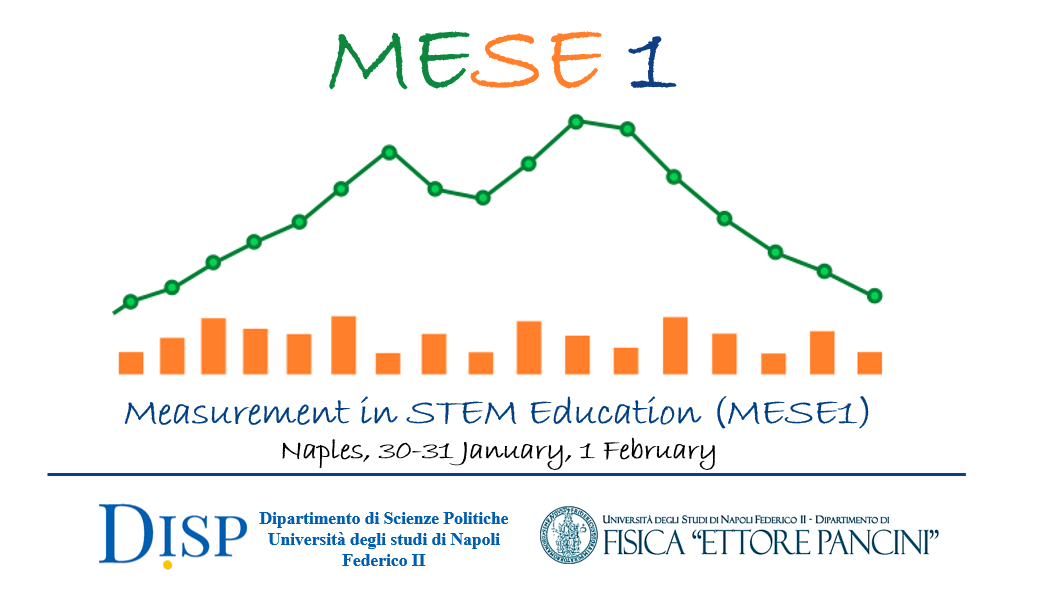Speaker
Description
Recently, the Physical Review Physics Education Research journal organised two calls for papers focused collection to “examine and challenge” quantitative (2017) and qualitative methods (2021) in that field. Both calls had a subtitle, “a critical examination”, which foretells the need to focus on these two methodological paradigms, not taking them for granted, inviting to reposition them in today’s panorama.
The division of research into these two methodological paradigms originates in the philosophical debate, occurring at the end of the nineteenth century, which aimed to confront the nature of humanistic knowledge with the scientific one.
Despite its epistemological origin, the debate between qualitative and quantitative approaches within the research in science and STEM education focuses mainly on pure methodological aspects:
-What methodological approaches are best suited to answer certain research questions?
-Which methods could be used with certain types of data?
-What methodological approaches could best guarantee specific characteristics of the results (e.g. explaining a cause-effect relationship, being objective, specific, general, etc.)?
The aims of the presentation are: to point out the epistemological assumptions that stay behind the traditional qualitative and quantitative methodological approaches; to argue why the big data revolution has been questioning the basic epistemological assumptions that justified the distinction in the past; to raise examples of foundational epistemological questions that can motivate the need to overcome the traditional dichotomy and ground the elaboration of new “mixed” methods.
The first aim is pursued by presenting the results of the historical debate on the methods in terms of its ontological and epistemological pillars: the view of reality that justified the distinction between natural and human realms; the “normative or idiographic” nature of the laws studying a phenomenon. Then, we will show how the different possible ontological and epistemological positions influenced the methodological principles, chosen by the different traditions to make knowledge reliable, general, robust, effective, objective and “true”.
The second aim is pursued by discussing some examples taken from research in the way of science education of how sometimes this dualism doesn’t seem to hold, or at least doesn’t differentiate to make sense. The advent of online learning platforms and extensive use of technologies in classrooms (e.g. sensors) leads to big data about students’ behaviour being available in educational research. These particular cases raise epistemological and ontological questions about which reality we are looking at and how we could stand toward this reality (made of real and virtual ones). Different ontological attitudes are emerging, for example in the EDM, and LA communities, and in Informed ML. Moreover, the use of big data, extended and rapid by nature, in the context of STEM education research, which is specific and detailed, makes qualitative or quantitative approaches not completely suitable.
Finally, questions are raised to stimulate reflections to re-think about the epistemological approaches to methods in the field of STEM education such as “what new methodological paradigms are needed in order to deal with these research changes and meaningfully characterise them?" and “Can we still talk about natural settings in modern learning environments?”.
| Research Strand | Methods and Methodological Aspects in Science Education Research |
|---|

